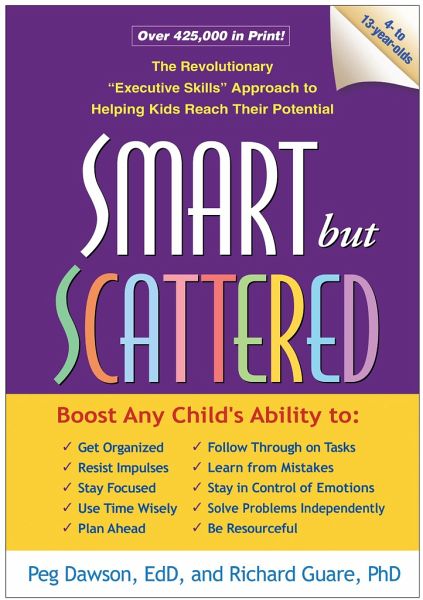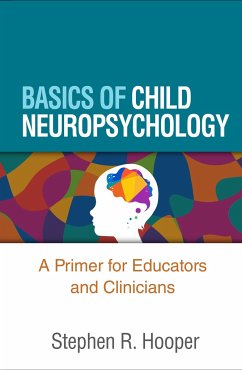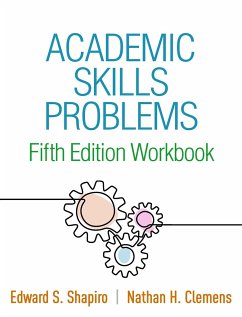Peg Dawson, EdD, is a psychologist who provides professional development training on executive skills for schools and organizations nationally and internationally. She was previously on the staff of the Center for Learning and Attention Disorders at Seacoast Mental Health Center in Portsmouth, New Hampshire. Dr. Dawson is a past president of the New Hampshire Association of School Psychologists, the National Association of School Psychologists (NASP), and the International School Psychology Association, and a recipient of the Lifetime Achievement Award from NASP. She is coauthor of bestselling books for general readers, including Smart but Scattered, Smart but Scattered Teens, Smart but Scattered--and Stalled (with a focus on emerging adults), and The Smart but Scattered Guide to Success with a focus on adults). Dr. Dawson is also coauthor of The Work-Smart Academic Planner, Revised Edition, and books for professionals including Executive Skills in Children and Adolescents, Third Edition. Richard Guare, PhD, BCBA-D, is a neuropsychologist and board-certified behavior analyst who frequently consults to schools and agencies on attention and executive skills difficulties. He is former Director of the Center for Learning and Attention Disorders at Seacoast Mental Health Center in Portsmouth, New Hampshire. Dr. Guare is coauthor of bestselling books for general readers, including Smart but Scattered, Smart but Scattered Teens, Smart but Scattered--and Stalled (with a focus on emerging adults), and The Smart but Scattered Guide to Success (with a focus on adults). He is also coauthor of The Work-Smart Academic Planner, Revised Edition, and books for professionals including Executive Skills in Children and Adolescents, Third Edition.












